How To Supplement Your Health
6 years ago by
The world of supplements is constantly growing as people strive, obsessively, for self-betterment. From at-home blood tests to app workouts etc. the quest for self-optimization is endless—and pretty overwhelming for most of us. Still, if you’re suffering from any of a handful of increasingly common modern-day ailments (think: fatigue, bloating, or even a low sex drive) etc. it’s only natural to want to feel better.
Once upon a time, supplements were not so commonplace. It was only a certain demographic who’d wander into a supplement store, where they’d likely be greeted by “posters of massively muscular and overly fit men and women,” notes Chris Ventry, Vice President in the Consumer and Retail practice of SSA & Company. “But now,” he says, “marketing has truly targeted imagery and websites, ingredients and product descriptions that are aligned to micro-targets: pre-natal, gut problems, sleep, skin, immunity, energy, sex drive.”
“We are seeing a proliferation of smaller, targeted brands that are aligned to a lifestyle, cohort of people, hormonal and health needs of each sex,” Ventry observes. Choices are good, but especially in an industry infamous for its lack of regulation, it’s hard to know where to begin.
Luckily, a handful of entrepreneurs are creating brands we feel good about adding to our wellness routines. These are five new-ish brands you should know.
When nutritionist Katie Fitzgerald conceived of Eden, she was, well, trying to conceive. Through a combination of her own experiences with IVF and the symptoms she was hearing her patients complain about things like adult acne, fatigue, and mood swings, to name a few. The link? All of these ailments can be linked to hormonal imbalances. So Fitzgerald worked to create one supplement to address hormones.
The result is her brand’s first (and so far, only) product—a blend of micronutrients to support gaps in our diets, adaptogens, and antioxidants. Fitzgerald describes three types of women who can benefit from Eden—the first is “women with symptoms of hormonal imbalance—irregular cycles, hormonal acne, bloat, brain fog, aggravated PMS and or cramps, mood swings, and unmanaged stress.” The second, like Fitzgerald herself, is “women trying to conceive, who are looking to stabilize hormones after going off of birth control, and trying to optimize hormones so cycles are predictable making planning more precise.”
Finally, the third group is “women looking to bounce back after childbirth. Hormonally speaking, the wheels come off after giving birth and it can take a very long time for cycles to normalize.” So basically, Eden is for most women except for women who are currently pregnant, though Fitzgerald hopes to add a prenatal option to her lineup soon.
Lucy Goff worked in PR and never thought about starting her own business until faced with sepsis in the aftermath of her daughter’s birth. That was 2012. After six weeks in the hospital, Goff was released, but felt worse than ever and had no instructions for a path to recovery. She cycled through experimenting with various treatment protocols until a chance meeting with Dr. Paul Clayton, a leading expert on nutritional science. Dr. Clayton recommended a number of patented ingredients at active levels—and Goff began to feel better. Throughout her journey, Goff had learned about the insufficiency of many of the supplements on the market.
So she left her job and “started working with the best scientists with one aim: to produce the ultimate all-in-one supplement—a proven formula with the power to unlock human potential and wellbeing.” And eventually, in 2018 LYMA was born—and sold out within its first two weeks on the market. “In a market flooded with pseudo-science, we focus on results,” Goff says. The most expensive of the group, LYMA is sold on Net-a-Porter and comes housed in a copper vessel that could pass for being just decor. It’s intended to address just about every problem modern life presents—“I think most of us can relate to accepting that sometimes life can get too much. We need to stop, find our balance and reset. LYMA has been created to help us do just that,” Goff explains. As for what’s actually in it? LYMA contains a blend of eight patented, best-in-class ingredients including KSM-66 Ashwagandha, a stress-busting adaptogen, Cognizin, a nootropic promoting cognitive function, and Lycored, a superpowered form of antioxidant lycopene.
One of the chief complaints about the wellness industry are the high price points. Recently launched women’s health brand Rae wants to change that. The brand’s suite of supplements is $14.99 across the board and easily accessible at Target. They offer everything from pre/probiotics and melatonin-based sleep capsules, to vegan collagen powders, to drops you can add to water for energy (B vitamins and caffeine) and beauty (biotin). One of their standouts since launching in September has been their “In The Mood” capsules—designed for exactly what they sound like they are. To support female sexual health and desire, these capsules use a blend of stress-busting adaptogens like ginseng and ashwagandha, energy-boosting taurine and maca, and more.
The Nue Co has been a staple in many a cool girl’s wellness routine since it first launched in 2017. Now, the rapidly growing brand has introduced its answer to “multivitamins” with a range of seven new products called The One Daily. There are formulas for skin hydration, immunity, joints, and more, but the new Mood formula is set to become an instant classic. The brand is quick to clarify that it’s not a “happy pill,” but rather, as founder Jules Miller explains, something to help us feel more balanced given the fact that “most of us don’t have the option to work shorter hours, or to lead less stressful lives.” Through research, Miller discovered that “the gaps in my diet could be directly affecting my mood. Research shows that deficiencies in key vitamins (particularly vitamin D—of which almost 50% of us are deficient in, and B vitamins) can affect the metabolism of hormones such as serotonin and dopamine.”
The resulting supplement “delivers over 100% of the daily dosage of key vitamins required for the metabolism of dopamine, serotonin, and melatonin, such as vitamin D, B1, B2, B3, B5, B6 & B12,” Miller says, noting that the brand always looks to pair traditional vitamins with lesser-known, powerful ingredients. In this case, it’s ashwagandha, which Miller explains is “traditionally used in Ayurvedic medicine, which is known for its ability to help the body to adapt to stress. In clinical trials, our patented formula has been clinically proven to decrease overall daily stress response by 62.2%.”
Though not an everyday supplement, Hilma is a wellness brand worth knowing all the same, designed for the person who wants to go clean in all areas of their life—and shelfie.
The brand launched in January with three products—an immunity-boosting powder, and two types of capsules—one to fight stomach aches and one to fight head tension. As the Hilma founders saw it, consumers had two choices when faced with, for example, a stomach ache. They could turn to traditional remedies (think: pepto bismol) or they could go the herbal route—but there were issues with both routes, as co-founders Nina Mullen, Lily Galef, and Hilary Quartner saw it. “After a closer look at the label, consumers have started to realize that some traditional products include sugars, fillers, and dyes. This has prompted people to look for a natural option, but there are barriers to entry on the natural front. Herbals often require previous knowledge, research, or involving a practitioner. These products can also be intimidating, often coming in a tincture or salve that is not familiar to a mainstream customer. Finally, these products are at a high price point, which can make them hard to access,” explains Mullen.
Enter: Hilma—which Mullen says was designed to be an option “that bridges the gap between these two categories with natural remedies that are scientifically backed and that can easily fit into your life.” The Upset Stomach Relief is a must-have in any medicine cabinet—it’s formulated with a blend of stomach-soothing ingredients like chamomile, artichoke root, and ginger root to “provide relief from occasional heartburn, indigestion, or upset stomach and helps promote digestion.”
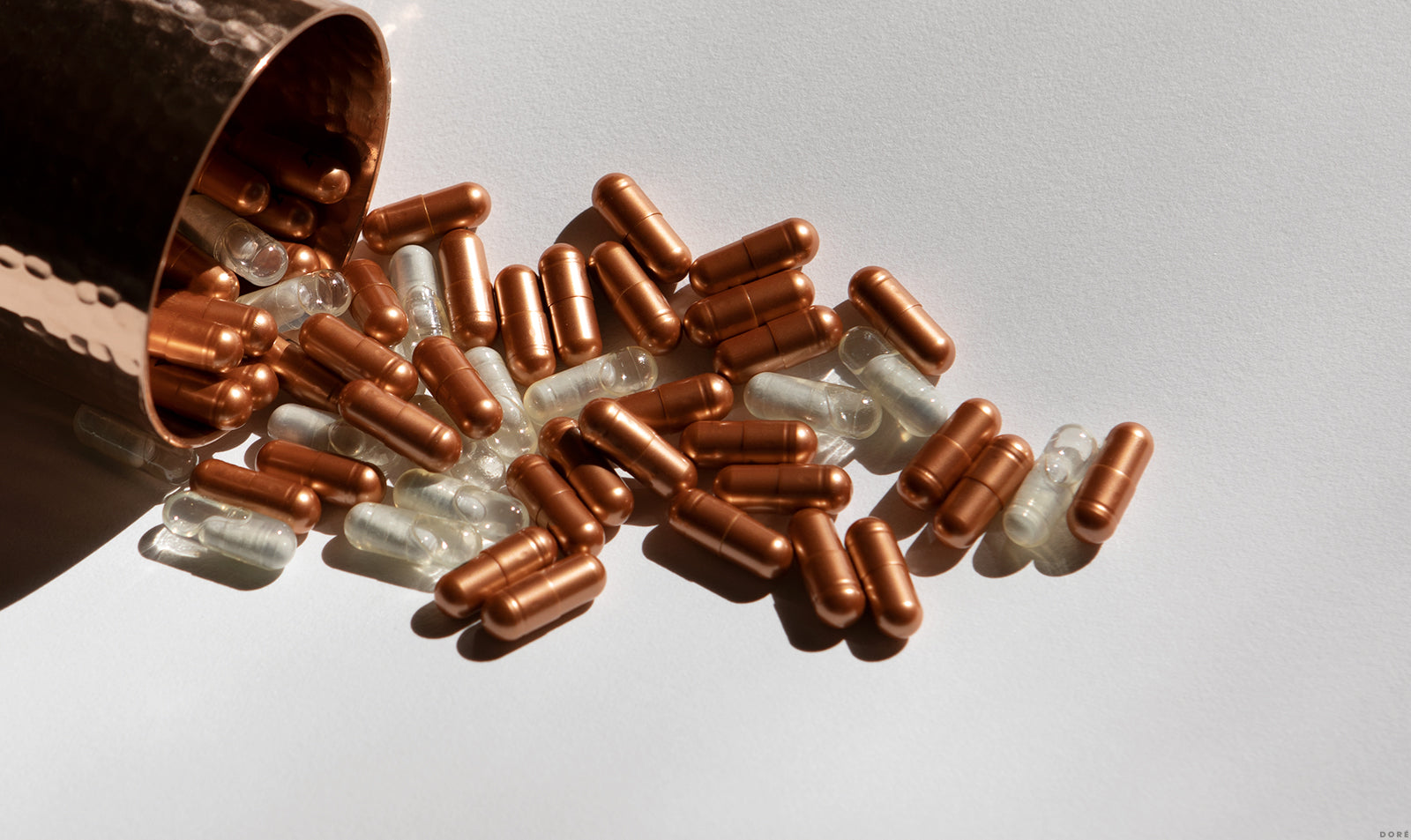
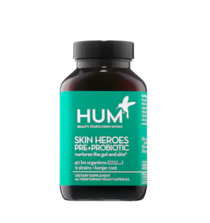
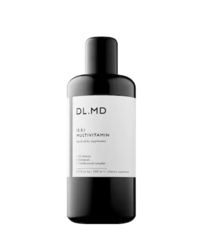
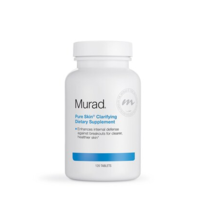
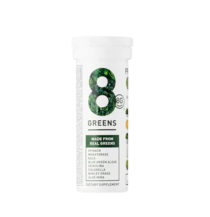
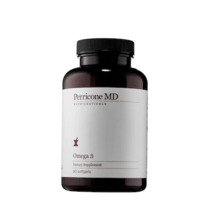
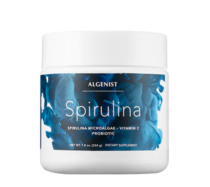


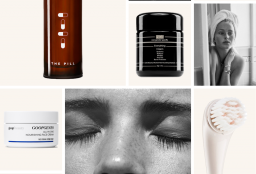




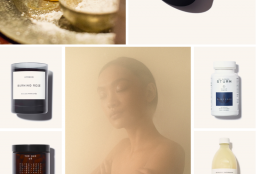




































Those new products for consuption labelled as healthy supplements are moving the attention from analyze any sympton of luck of health that should be evaluated by a profesional a doctor into a subjective interpretration that move directly into consumption of supplements dreaming to feel more healthy.
The message should be focused on understanding that healthy habits, such as nutrition, excercise, etc will direct help you. You do not need any extra unless you are sick. The nutrition as equilibrium of sources of nutrients would provide the perfect balance of nutrients and micronutrients. Nobody are supposed to require supplenents to be healthy. In case, you are sick and you have reduced production of specific hormone, enzyme, etc you would better discuss with your family doctor and later on an specialist . Take personal decission based on adds, friends advises and go into self-supplementation or medication is not the most healthy habbit, indeed. As a scientist, this is not the message that we wish to be transfered to the big audience to improve human health outcomes.
An incredibly smart answer, too smart for the publicum, I would say. I experimented on myself recently to prove to my husband that it’s just a good business, nothing more. Checked my vit.D level, supplemented vit.D (one of a very « high quality’, « best »-you name it) for two months and after two months result of the new test was nearly the same. What I find really a problem our family doctors which have no idea (not only in the US, I mean Europe in this case) about natural sources of vitamins, minerals and so on. They just know how to prescribe the pharma products…
I have a background in supplement retail and lot of these are REALLY overpriced for what they actually contain. You’re paying for packaging and aesthetic more than quality nutrient content. I checked out NUE’s Mood formula (disappointingly low potency for that price) and it would be much better and less expensive to get a coenzyme B complex like Jarrow or Thorne and couple it with a separate ashwagandha/Sensoril product.
Hi! Great article :) Would you by any chance have some similar options in Europe, more specifically in France ? Desperately looking for supplements over here :) thanks <3
This is by far one of the best healthcare guides. One has to follow these tips to live healthily and happily. We have a great healthcare center which specialized in dialysis in Karachi. They better guide people to maintain their health.